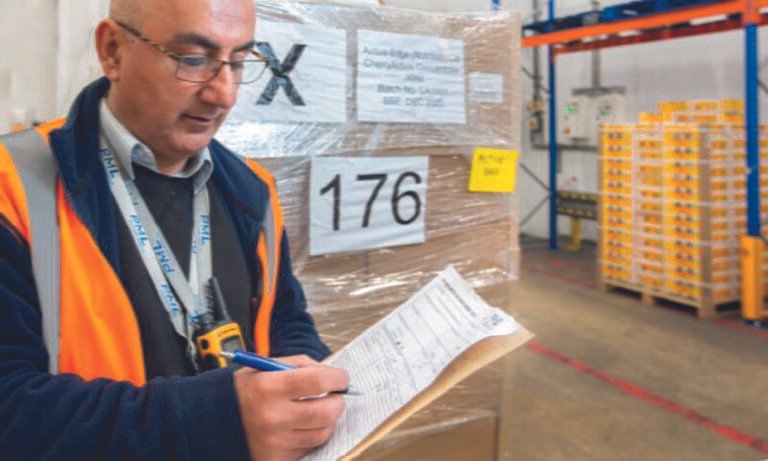Building on their collective experience, PML and Seafrigo Group are looking to a new model together, providing a comprehensive solution and one-stop shop that provides a smoother service for the diverse needs of their clients.
Currently operational in 25 countries, as the two sides mark a year since Seafrigo purchased PM, the combined venture has set an ambitious target to expand to 45 countries by 2027, with the overarching goal of ensuring everything the customer requires is conveniently accessible under one roof.
“PML and Seafrigo share a common mindset: prioritising the best interests of our customers in the marketplace. Our focus is always on ensuring that their products are transported in the most optimal manner possible,” Mike Parr, Director of PML, stated.
“Our commitment to improvement is relentless. We recognise that the landscape of product transportation is ever-evolving, with new advancements continually emerging. “As such, we remain deeply interested in exploring innovative solutions. We diligently evaluate all available options to assist our customers in meeting their requirements effectively.”
Keeping goods cool
The key to delivering the service level customers desire lies in having the necessary facilities to ensure the proper handling of products, particularly when dealing with temperature-controlled goods.
“For us, every step of the process is conducted in the best conditions. From transportation in refrigerated vehicles to storage in refrigerated warehouses, even our exports—such as fish, meat, and cheese—are screened in refrigerated facilities. This comprehensive approach sets us apart from others in the industry,” Parr explained. “Moreover, our capabilities extend beyond refrigeration. With freezer facilities available at our sites, we can transport a wide range of food items, whether frozen, fresh, or dry. This versatility underscores our commitment to moving any food product efficiently and safely.”
The primary focus for logistics providers, especially in changing times, is keeping customers well-informed about any alterations to document requirements, which is no easy task. The UK government’s actions post-Brexit HAVE added to the challenge, with the logistics industry repeatedly having emphasised the need for clear directives, urging the authorities to make concrete decisions regarding obligations to deliver the required certainty to ensure the sector’s long-term success.
“In the past, we had to expand our staff, only to later downsize when regulations shifted. Now, with new changes looming in October, uncertainty persists. Initially categorised as low-risk, certain EU products are now deemed medium-risk. We’re left in limbo, craving clarity to adequately prepare,” Parr stressed.
“Preparation is key in logistics, yet sudden alterations, such as those witnessed in Northern Ireland, disrupt plans irreversibly. It’s impractical to expect businesses to adapt overnight, especially when goods are already in transit. The lack of foresight breeds chaos, leaving us scrambling to mitigate the fallout. “This turmoil is affecting international perceptions of the UK. The UK’s reputation as a reliable trading partner is at stake, and urgent action is needed to restore confidence.”
Changes to the sector
While road and air freight remains a constant in the temperaturesensitive sector, sea freight is gradually gaining ground, thanks to advancements in technology such as container air control systems. The cost has played a significant role in this shift, as sea freight is considerably cheaper than air freight. “You will always have airfreight, but sea freight is very slowly catching up, and that’s one thing the government could look at given the cost of importing food,” Parr highlighted.
Technology in logistics has also significantly advanced, utilising advanced systems to ensure visibility throughout the entire process. This includes monitoring the temperature at which products are transported on the aircraft and tracking their conditions upon arrival at the destination. Companies have made a concerted effort to transition everything to electronic formats whenever possible. However, certain aspects of the business, particularly those involving regulatory authorities, still require a paper trail, leaving parts of logistics lagging behind other, more advanced industries.
“I think the authorities are holding things back and need to look at the digital side of things a bit more,” Parr explained. “But, unfortunately, they’re still sitting in their old world where they need to be provided with pieces of paper – which is a shame.”



